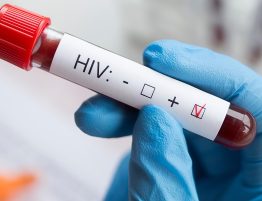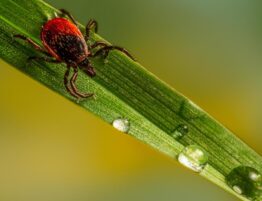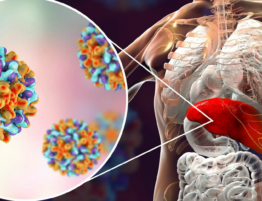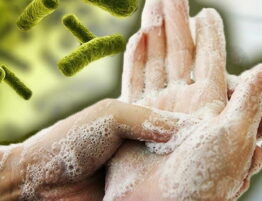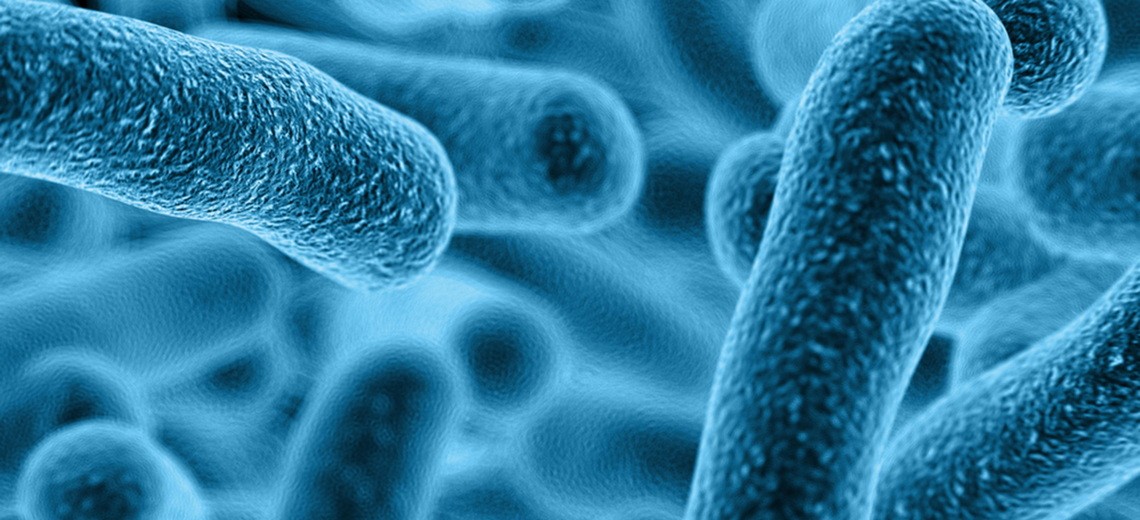
What is dysentery?
Dysentery is an infectious disease characterized by damage to the large intestine and manifested by intoxication and loose stools. For dysentery, an acute course is typical; in rare cases, the disease takes on a protracted and chronic course.
Sources of the causative agent of dysentery are:
- sick person;
- a bacteria carrier that does not have clinical disease.
Transmission factors include poor-quality food products, especially perishable ones, contaminated with pathogens.
The causative agents of dysentery have a high survival rate in the external environment: they remain viable in tap water for up to 1 month, in moist soil for 3 months, and on food products for several weeks. Under favorable conditions, Shigella can not only survive in food products, but also reproduce, especially in dairy products, fruits and vegetables. The “fly factor” is of particular importance in the spread of infection.
An important property of Shigella is their ability to quickly change their sensitivity to various antibacterial agents, depending on the frequency of their use.
The optimal temperature for the development of pathogenic microbes is 28-37°C. Agree, in the summer, when left outside the refrigerator for a long time, almost any food is a favorable environment for the proliferation of pathogenic microorganisms. It must be remembered that there may be no visible signs of spoilage of the product. However, this does not eliminate the risk of infection.
From the onset of infection to the first clinical signs of the disease, it takes from 1 to 7 days.
Dysentery is characterized by the following clinical manifestations: general malaise, headache, increased body temperature to 38 ° C and above, then gastrointestinal symptoms are added: nausea, vomiting, diarrhea. In severe cases and untimely consultation with a doctor, dehydration may occur with a fatal outcome.
To protect yourself from infection you need to:
- Wash your hands thoroughly with soap, especially after visiting the toilet, before and during food preparation, before eating, after coming home from the street.
- Use only boiled water (if no more than 6 hours have passed since boiling) or bottled drinking water from the store.
- Follow the terms and conditions of storage of perishable foods, food preparation rules.
- Wash fruits, berries and vegetables thoroughly under running water.
- Root vegetables must be washed with water immediately after they are brought from the store or market, before putting them in the refrigerator; those affected by rot must be thoroughly cleaned. Before use, rinse again under running water and scald with boiling water. Cabbage is particularly difficult to process: after peeling and washing, the head of cabbage must be cut into 4 parts, placed in a colander and lowered into boiling water for at least 2-3 minutes.
- Do not allow cooked and raw foods to come into contact.
- Keep the kitchen area clean.
- Protect food from insects, rodents and domestic animals, possible carriers of infection, and combat flies and cockroaches.


